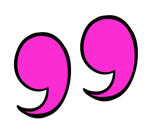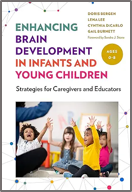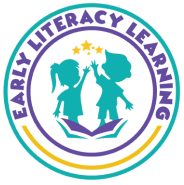READING
What's it all
about?
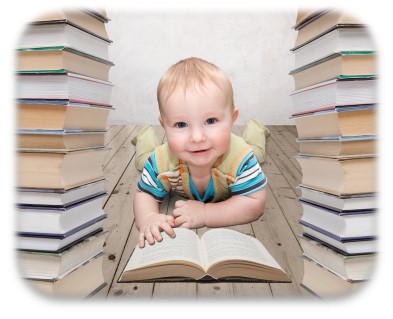
February 16, 2024
Here’s a little back story to share about language and literacy. A spoken language is a way to communicate words orally, to exchange ones’ views, ideas, culture and history. It’s the ability to listen and speak a language. Oral languages around the world have existed for over 150,000 years. It’s estimated from recently found evidence that about 5,000 years ago the first written languages began to appear. This new system of written communication recorded daily life and other pieces of a culture. People began first using pictograms, followed by symbols which represented sounds. Much later many expansive alphabetic languages were developed throughout the world. This led to the beginning of literacy in most cultures, such that the oral and written aspects of a language were joined together. Literacy the ability to read and
write had begun.
In the late 1890’s globally only 12% of the people could read. However, it has been reported by Our World in Data that there has been a significant change. The early 1900’s had close to 20% of the people around the world reading. More recently it was reported in 2022 that the literacy rate had increased around the world - reaching to about 87%. Yay, for the huge increase but literacy for all is still the goal!
Remember that age old question, ”Which came first, the chicken or the egg?”- I don’t have the answer BUT I can say the spoken word came first AND is part of a humans’ brain development. A complete system in the brain does exist for creating ones’ spoken language, it’s automatically “hard wired”! Every baby brain comes equipped with the necessary neuron pathways to learn to speak their native language. But this is NOT true for reading!
Nope! Reading must be taught. What is reading, really? It’s a very complicated learning process, the brain is managing a massive coordination between numerous areas located within it. It’s an unbelievable feat!
At first a young child needs to understand the concepts of print, know that those squiggly marks printed on a page are words that contain meaning, and learn how a book works. Furthermore, reading consists of these key components: phonemic awareness, phonics/decoding, vocabulary, comprehension, fluency and so much MORE!
There is a progression of skills taught in schools that build upon each other from grade to grade. In the beginning stages emergent and early readers are focused on learning to read. This is followed by the transitional readers who target reading to learn. This does not mean very young children are not assessed on understanding text. No, it’s just the main priority is basic beginning reading skills. A big shift in expectations does occur for the transitional reader near the beginning of third grade. They are required to comprehend longer more complex print concepts or digital text found in multiple subject areas and literary genres.
Like anything that is difficult one learns to walk before running. Language learning (speaking and listening) or “the walk” is the first challenge. It’s followed by “the run” or literacy learning (reading and writing). What comes before “the walk”? It’s the wiggle! A baby begins to absorb language in the womb. Remember that the parent is their child’s first teacher, who plays a key role in their language development and foundational literacy skills.
NOTE: Learning language is one of a baby’s first priorities. The ability to communicate and understand language is an infant’s ongoing goal. Acquiring oral language is essential before learning to read and write. However, once a child begins to attend school their literacy goals will now include all four major areas : listening, speaking, reading and writing. These may be grouped together and labeled as Language Arts.
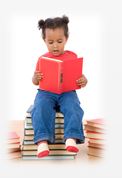
In prior POSTS - Talking Time and Music Time - I’ve shared ways to help a baby with their language development. Reading Time is the third important aspect that contributes to a baby learning language, and it starts very early on! – Let’s start talking about read alouds.
Happy Days to you
Kylene
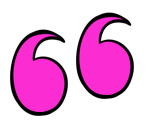
“The more you read, the more things you know. The more that you learn, the places you’ll go.” –
Dr. Seuss
